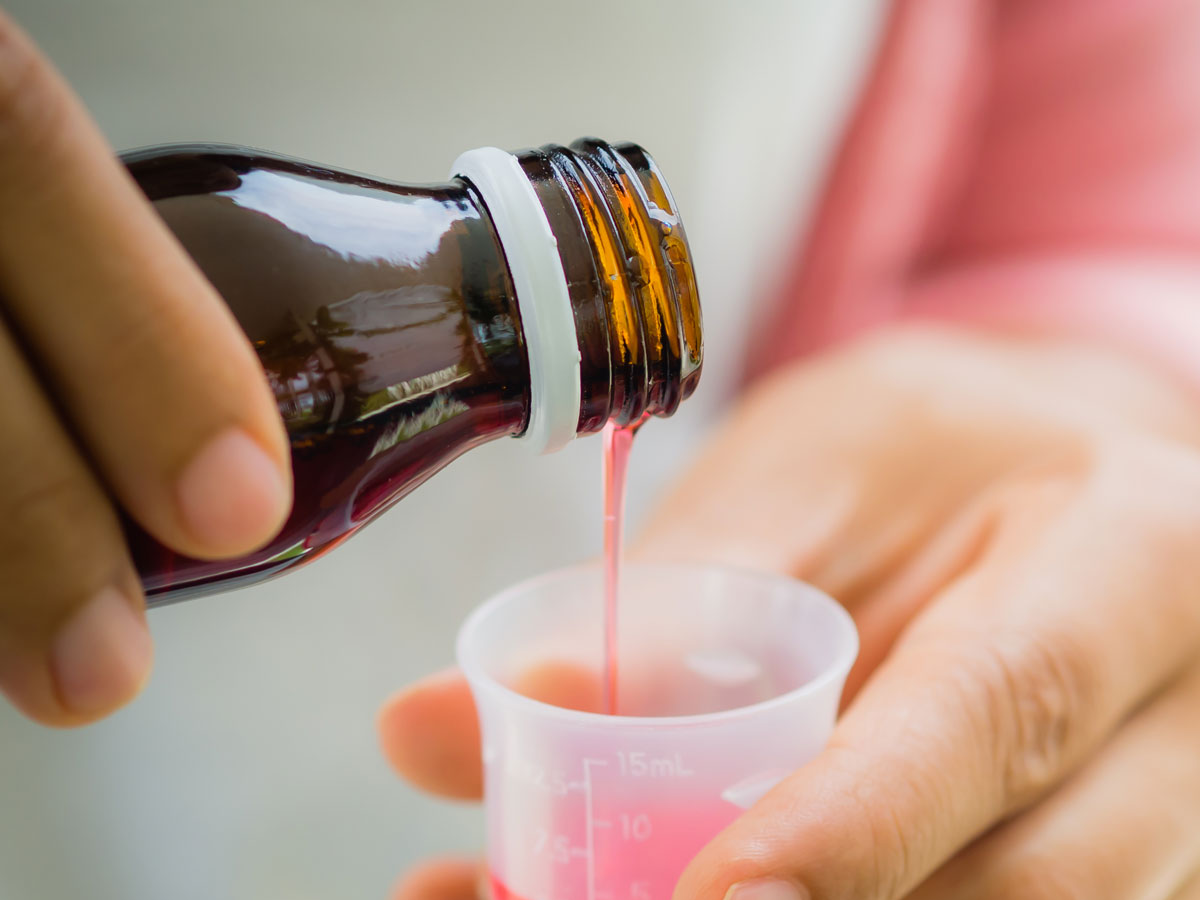If you are going through a codeine addiction, you may be hesitant to get codeine rehab because of the high cost. In fact, this is one of the leading reasons why drug dependents go without treatment.
Fortunately, codeine rehab is covered under most private health insurance plans. If you have a health insurance policy, you are covered for drug addiction treatments. Different insurance providers have different rules, though, so it pays to check your insurance policy. Most often, there will be a part of the cost of rehab that you have to pay out of your own pocket.
Read on to find out how much coverage for codeine rehab you can get from health insurance.
Is private rehab covered in my health insurance policy?
 The short answer to that is yes. If you have any health insurance plan, it covers drug rehab as well. This is made possible by the Affordable Care Act (ACA) of 2010. Under this law, drug or alcohol addiction recovery is included as an essential health benefit. Thus, all insurance providers must cover drug rehab in all the plans they sell. These include recovery programs for codeine addiction as well as other substance use disorders (SUDs).
The short answer to that is yes. If you have any health insurance plan, it covers drug rehab as well. This is made possible by the Affordable Care Act (ACA) of 2010. Under this law, drug or alcohol addiction recovery is included as an essential health benefit. Thus, all insurance providers must cover drug rehab in all the plans they sell. These include recovery programs for codeine addiction as well as other substance use disorders (SUDs).
Also, another legislation called the Mental Health Parity and Addiction Equity Act (MHPAEA) mandates insurers to cover drug rehab to the same extent as physical health issues. With this, you have the same amount of coverage for rehab as other medical conditions.
In addition, insurance providers are not allowed to deny you coverage if you have any pre-existing conditions, including drug use and any co-occurring mental health conditions. Thus, you can get insurance coverage at any stage of addiction recovery.
If you have health insurance, it can significantly offset the costs you would have had to pay for rehab. Insurance covers all bases, including detox, outpatient treatment, medications, and residential treatment.
What kinds of insurance plans cover rehab?
All insurance policies sold in the market are mandated to cover drug rehab under the ACA. The rules of each plan and insurance provider are different, though, so it’s best to shop around and compare policies. This way, you can purchase an insurance policy that best fits your needs and budget.
These types of insurance covers drug addiction treatment:
- Marketplace insurance plans
- Medicaid or Medicare
- Company-sponsored private insurance policies
Your benefits may vary depending on your home state and your specific insurance policy. One thing they have in common is they cannot put monetary limits on how much is covered yearly or in a lifetime.
Even then, health insurance plans usually do not cover the full cost of drug rehab. Partial coverage is more common across many different insurance providers. Ask your insurance company to know the specifics of your policy.
What parts of rehab are often covered by insurance?
These drug rehab services are generally covered in all health insurance plans.
Outpatient treatment
 In outpatient rehab, you don’t need to live inside a rehab center while you’re under treatment. You can continue living at home and performing your duties at work or in school. You will only go to the rehab center a number of days per week for scheduled therapy sessions. After each session is done, you may go back to your usual routine.
In outpatient rehab, you don’t need to live inside a rehab center while you’re under treatment. You can continue living at home and performing your duties at work or in school. You will only go to the rehab center a number of days per week for scheduled therapy sessions. After each session is done, you may go back to your usual routine.
Inpatient treatment
Inpatient rehab is also known as residential rehab. As the name suggests, you will reside in a rehab center while receiving treatment. You’ll be living in the rehab center for 30 to 180 days, depending on the length of your treatment program. You will get all treatments and therapies inside the rehab center.
Inpatient rehab includes the full suite of treatments, including detox, medications, behavioral therapies, counseling, medical care, and aftercare preparation. Some inpatient rehab centers are hospital-based, and others are modified houses especially designed to facilitate recovery.
Medically-assisted detox
Detox is the elimination of all traces of codeine in your body. This occurs gradually in a “tapering” process. Your dose of codeine is progressively decreased until it reaches zero. By the end of detox, your body should have adjusted, so you can tolerate being drug-free. On average, detox can last anywhere from 7 to 14 days.
Detox is facilitated by medical professionals. They make sure you are as safe and healthy as possible during the process. If you experience any discomfort or complications, medical help is available right away. In addition, the medical staff can prescribe medications to ease any unpleasant withdrawal symptoms that may develop during the process. If you will need medications, these are also covered by your insurance policy.
If you’re enrolled in an outpatient treatment program, you can undergo detox in an outpatient setting as well. But most of the time, the medical team may recommend that you undergo the process in either a hospital or residential setting. This way, you can be safe, comfortable, and constantly monitored during the whole detox process.
Behavioral therapies
 Behavioral therapies address the psychological damage dealt by your codeine addiction. There are different kinds of therapy, each with its own benefits and goals.
Behavioral therapies address the psychological damage dealt by your codeine addiction. There are different kinds of therapy, each with its own benefits and goals.
One common technique is known as psychotherapy or talk therapy. As the name suggests, you will meet one-on-one with a therapist and talk about your addiction. Your conversations with your therapist will help you learn what led to your addiction in the first place, as well as how you can properly address those issues. Your therapist will also help you develop healthy coping habits that do not involve addictive substances.
You may also go through group therapies, where you and a small number of fellow patients meet and talk with a therapist. In a group setting, you can learn from each other and form a sense of community. When you know you are not alone, your recovery outcomes improve significantly.
How can I get treatment?
If you want to end your dependence on codeine, the best time to seek professional help is now. Talk to a mental health professional to know what treatments will work best for you. You may also visit the website of the Substance Abuse and Mental Health Services Administration (SAMHSA) to find addiction recovery providers near you.
